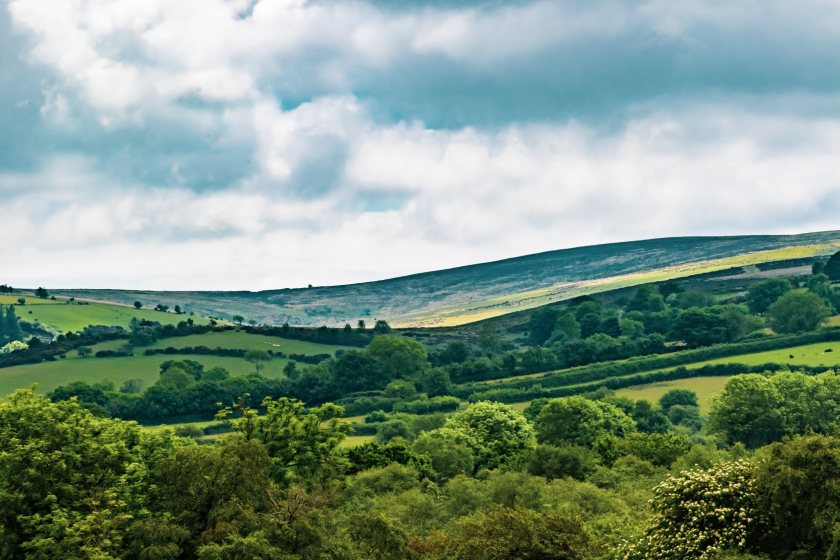
Defra has agreed to hold an independent inquiry into controversial proposals to reduce grazing levels on Dartmoor.
It follows lobbying from rural groups such as the Country Land and Business Association (CLA), as well as a number of Devon MPs.
Natural England had proposed a new reduced grazing regime for sheep and cattle aimed at improving what it considers to be the poor condition of sites on Dartmoor.
Farmers would have to comply with the new regime to continue to receive enhanced funding under the Environmental Stewardship scheme.
Farmers on Dartmoor graze livestock on common land within the National Park, much of which is designated as a Site of Special Scientific Interest (SSSI).
But many have warned that reduced or no winter grazing would likely force them out of business and spell the end of small, family farms.
Following the outline of Natural England's controversial plans, the CLA has called for an 'expanded review' into the agency's performance.
The group's president Mark Tufnell said farmers and landowners were losing confidence with Natural England.
"Natural England’s habit of not checking sites properly, using out of date surveys and its refusal to take into account the needs of the entire landscape... has resulted in a near total collapse of confidence among farmers and landowners.
"This puts environmental outcomes, as well as farming businesses, at risk," Mr Tufnell warned.
“We call on Defra to launch a full-scale review of Natural England’s remit and track record, casting some light on an organisation that does not receive sufficient scrutiny.”
A tenant farming family on Dartmoor is currently in a battle with Natural England, which is refusing to allow them to use their grazing rights on common land associated with their agricultural tenancy.
Roy and Helen Radmore, their son Mark and their predecessors, have been farming on Dartmoor for decades.
Previously, they and other graziers on the common were participating in a Higher-Level Stewardship (HLS) Scheme which came to an end last year.
Despite intense negotiations, it was not possible to agree a rollover of the agreement with Natural England.
This was due in part to its insistence that grazing levels on the common, covered by a Site of Special Scientific Interest (SSSI) designation, needed to be pulled back to low levels due to the SSSI being judged to be in unfavourable condition.
The Tenant Farmers' Association (TFA), which is supporting the Radmores, said there was "no argument that the SSSI is in an unfavourable condition".
The body said it was not because of grazing pressure from those with livestock grazing rights on the common, but because of "other, inappropriate management".
These include the use of mineral supplements, within the SSSI which has been approved by Natural England, the TFA explained.
"There is also unmanaged grazing pressure coming from stock straying from neighbouring commons, in part due to the very low grazing rates allowed under the previous HLS scheme," said TFA chief executive, George Dunn.
"There is pressure too from an unsustainable number of ponies grazing the common, beyond the control of the Radmores, which is now being addressed.
"Indeed, there is evidence to suggest that the condition of the SSSI has considerably worsened overtime as stocking rates have been pulled back.
"Natural England appears only to have one solution. This is to reduce grazing further, but that has not worked, and will not work to improve the condition of the SSSI."
